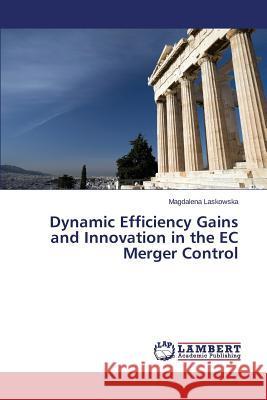Dynamic Efficiency Gains and Innovation in the EC Merger Control » książka
Dynamic Efficiency Gains and Innovation in the EC Merger Control
ISBN-13: 9783659677595 / Angielski / Miękka / 2015 / 124 str.
It is a well-established fact that economic growth largely hinges upon technological progress, and that productivity gains are key to rising incomes and living standards. As high technology industries have significantly increased their prominence in global economic performance in the 1980s and 1990s, and economic policy has increasingly focused on innovation, merger laws have become a crucial part of antitrust enforcement on both sides of the Atlantic. In recent years, many mergers and acquisitions of control have occurred in innovation-driven industries. Hence, it is important to ask a fundamental question : how does the competition authorities decisional practice reflect the importance of technological progress? Due to space limitations, we have restrained our review of how conventional merger control accounts for technological progress only to the European Commissions decisional practice. Our analysis provides an exhaustive review of all the phase II merger decisions taken by the European Commission from the establishment of merger control at Community level (21 December 1989) to 21 September 2008.











